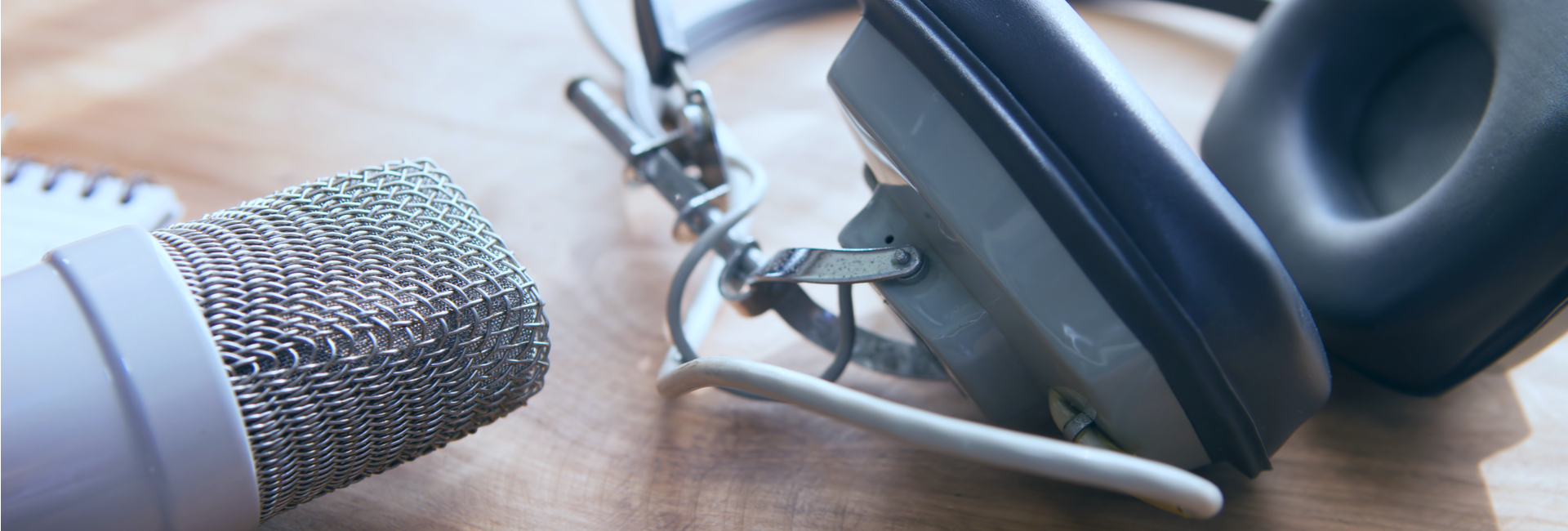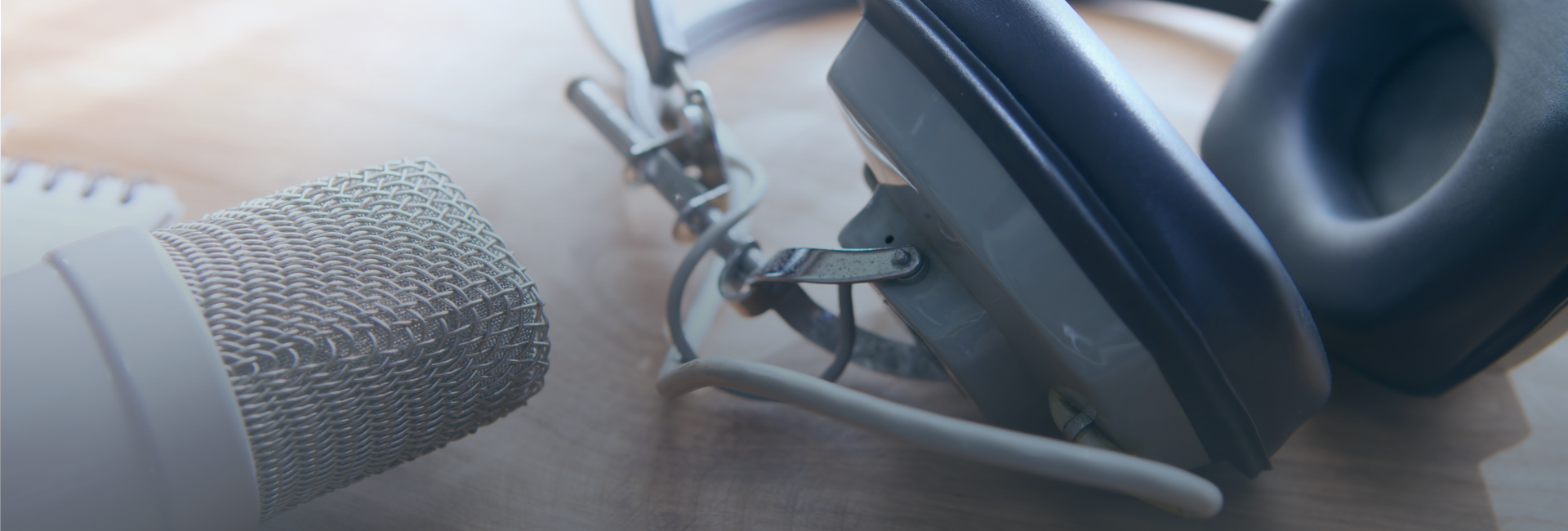Episode 139 | Just Deepfakes
In episode seven, Just Science interviews Dr. Catalin Grigoras and Cole Whitecotton from the National Center for Media Forensics about deepfakes.
Deepfakes are a form of synthetic media that replace an existing image with someone else’s likeness. While relatively new, deepfake technology has grown in sophistication over the last few years. In some cases, the synthetic image is almost indiscernible from the person that it is imitating, which can create a lot of problems for forensic analysts. Dr. Catalin Grigoras and Cole Whitecotton are working to understand and combat deepfakes. Listen along as they discuss the capability, implications, and the future of deepfake technology in this episode of Just Science.
This episode of Just Science is funded by the National Institute of Justice’s Forensic Technology Center of Excellence [Award 2016-MU-BX-K110].
Itunes, GooglePlay, Stitcher, Soundcloud, Spotify
Guest Bio
Dr. Catalin Grigoras: As Associate Professor and Director of the National Center for Media Forensics, Grigoras has the privilege to coordinate the Center’s activity, including education and scientific projects. His research encompasses digital signal processing in forensic multimedia, including digital recording authentication, audio/image analysis, enhancement, and automatic speaker recognition. His research into digital signal processing has resulted in advanced methods to authenticate digital audio/video recordings and semiautomatic systems for forensic speaker recognition.
Grigoras was chairman of the European Network of Forensic Science Institutes – Forensic Speech and Audio Analysis Working Group from 2007-2009. He is a member of the Audio Engineering Society (AES), the American Academy of Forensic Sciences (AAFS) – Digital and Multimedia Sciences Section; and the Scientific Working Group on Digital Evidence (SWGDE) – Audio Committee. He has published numerous forensic audio/video articles and is a co-author of Best Practice Guidelines for ENF Analysis in Forensic Authentication of Digital Evidence (2009). Funding sponsors include Defense Advanced Research Projects Agency (DARPA) and the Department of Justice (DOJ).
Cole Whitecotten: As the IT Professional for the National Center for Media Forensics, Cole has the pleasure of helping develop and maintain the equipment and software used throughout the Center’s education and research programs, both online and in the classroom. He has contributed to multiple research projects, including the DARPA run Medifor program. As an alum of the Master’s Program, Cole is also excited to be able to contribute back to the program via teaching, and leveraging new technologies to expand and strengthen new student’s experiences as they forge their own paths into the world of digital and multimedia forensic disciplines.
Cole’s research areas include recompression effects on video (especially YouTube compression effects), iOS Voice Memo authentication (presented at AES in Porto), and specialization in hardware and computer configurations. Cole is a member of the Audio Engineering Society (AES) and the American Academy of Forensic Sciences (AAFS).
Additional Resources
UC Denver’s Master course descriptions



